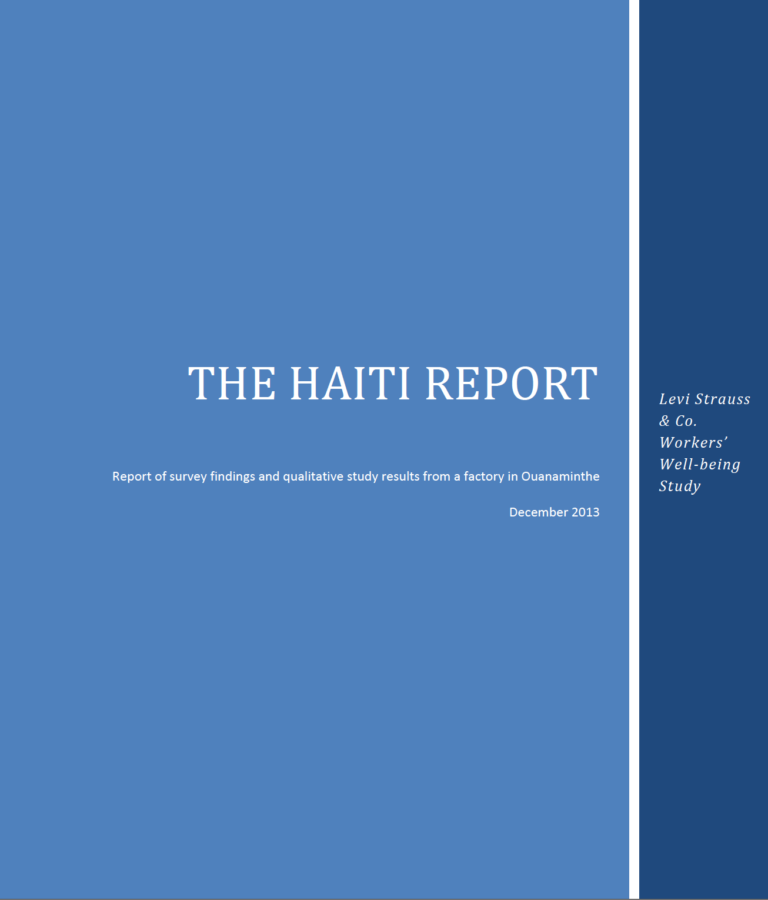Assessing the Impact of Due Diligence Programs in Eastern DRC: A Baseline Study
PublicationsOver the past decade, due diligence programmes (DDP) have been developed in the Great Lakes Region to trace the origins of minerals, certify minerals as conflict-free and to improve mining communities’ livelihoods while reducing human rights abuse...Read More

